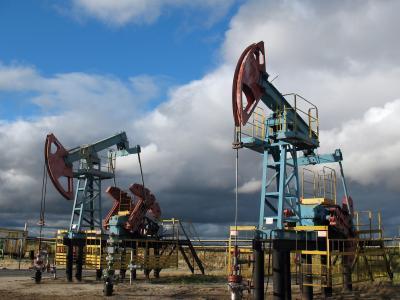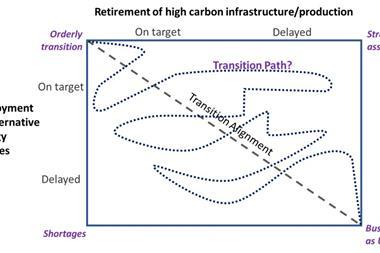Despite optimism inside the country, Poland’s move away from Russian energy reliance will not be easy

ExxonMobil has ended shale gas operations in Poland after tests to find reserves there ended in failure.
The news comes as a further blow to the country’s efforts to diversify it’s domestic energy production; which it was hoped would significantly decrease it’s dependency on Russian imports.
Being almost entirely dependent on Russia for its oil and gas, Poland has invested heavily in shale gas projects. In 2011, Poland acquired the title of Europe’s largest shale gas producer in waiting after the US Energy Information Administration estimated its reserves at 5.3 trillion cubic meters – enough to meet its energy demand for three centuries.
However, a later Polish-American report reduced this estimate to only a tenth of the size, stating that it would provide enough energy for the country for 35-65 years. And recent research results would appear to support the more conservative estimate.
The process of extraction, or “fracking” –whereby underground rock formations are blasted with a combination of sand, water, and chemicals on the shale, to release the trapped gas and oil – will also has an important part to play in Poland’s attempts to loosen itself from Russia’s grasp. It is currently being scrutinised by EU environmentalists in Brussels, and will likely face stiff opposition from Moscow.
However, Aegis Advisory believes that Poland’s shale gas momentum is unlikely to slow, if only because most Poles believe that freeing Warsaw from energy dependence on Moscow is an ambition worth pursuing.




















No comments yet